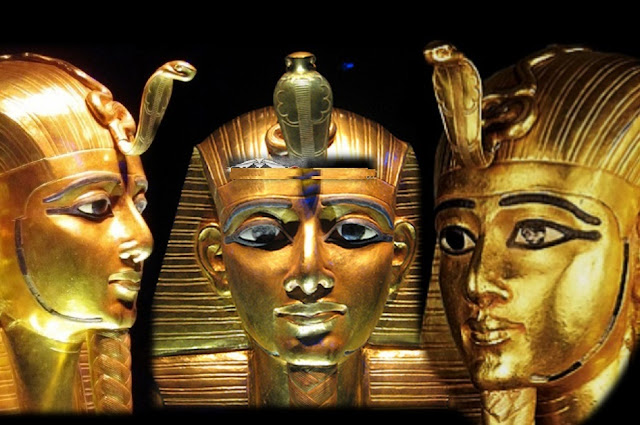The Oldest Story in the World- The Origin of ALL Christo-Messiahships

The Oldest Story in the World The snake is the primary source for ALL virgin birth stories found in various religions The Origin of ALL Christo-Messiahships- Horus, Buddha, Krishna, Mithra, Zoroaster, Jesus, etc The oldest story in the world is not the Adam and Eve story of creation found in the bible or other "holy books" because that story itself came from an older story told thousands (if not millions) of years ago in inner Africa. The oldest story in the world was told by the people who lived near the place where science says the first humans lived- somewhere in Northern Congo and South Eastern Nigeria axis. Millions of years ago, ancient Africans, while living side-by-side with the snake in the wild, made the following classic observations about the snake: - 1. Some species of snakes give birth without having sex (immaculate conception) 2. The mother snake goes into hiding to give birth 3. Snakes give birth in a dilapidated place (manger, stable, farmhouse) 4. Be...








Comments
Post a Comment